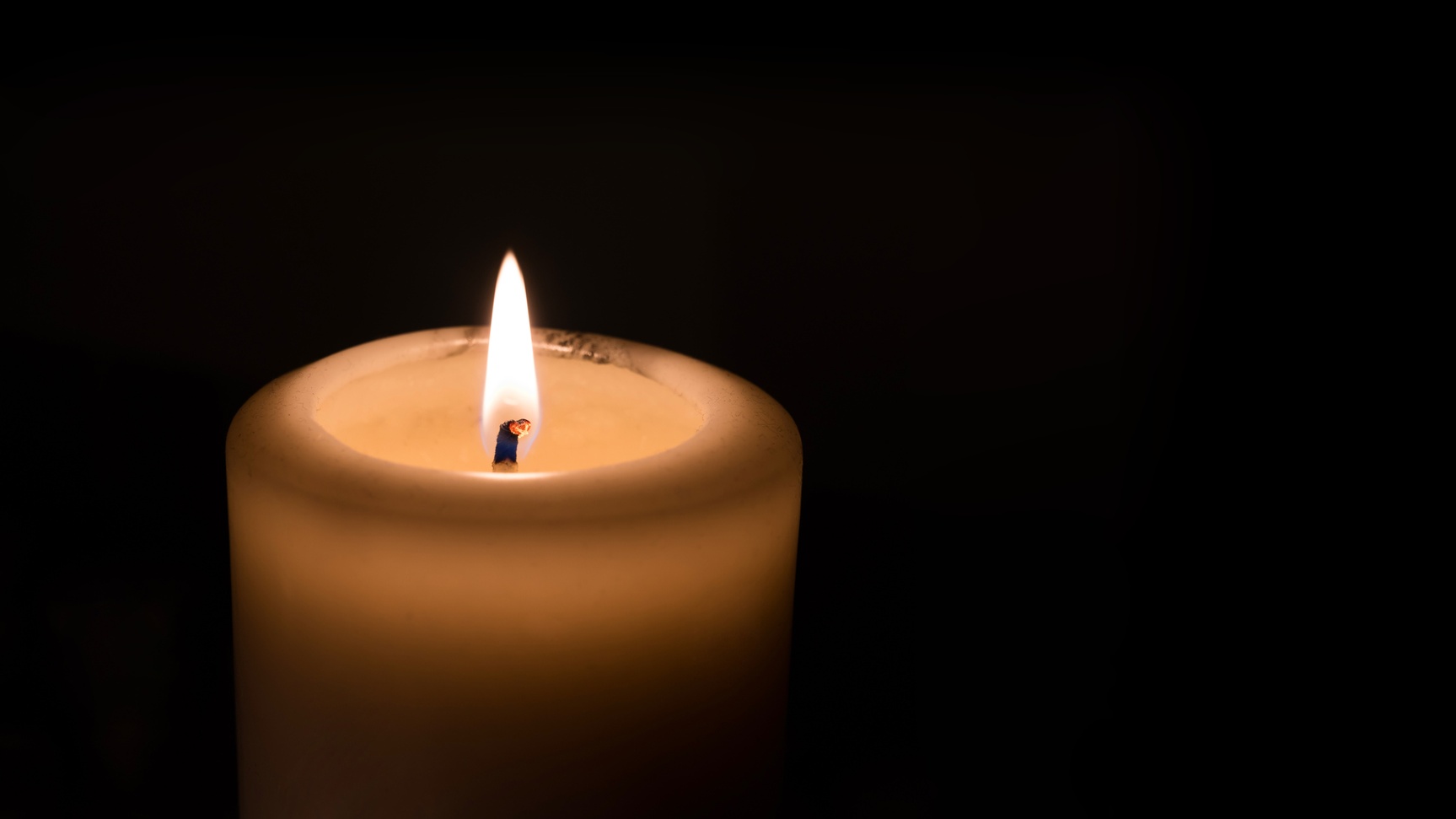College basketball coaching legend John Thompson Jr. died at 78 years old on Sunday, according to CNN.
On Monday, Georgetown University released a statement on behalf of the Thompson family. They said their loved one was an inspiration to the young people who he dedicated his life to helping, ABC 7 reports. The family hasn't released any information pertaining to what caused his death.
“We are heartbroken to share the news of the passing of our father, John Thompson, Jr. Our father was an inspiration to many and devoted his life to developing young people not simply on, but most importantly, off the basketball court. He is revered as a historic shepherd of the sport, dedicated to the welfare of his community above all else. However, for us, his greatest legacy remains as a father, grandfather, uncle, and friend,” the statement read.
A statement released on behalf of the Thompson Family pic.twitter.com/UKfVd4LPRP
— Georgetown Hoops (@GeorgetownHoops) August 31, 2020
Thompson, an inductee of the Naismith Memorial Basketball Hall of Fame, was a pioneer for minority coaches in college basketball. In 1984, he coached Georgetown to a national championship victory, the first-ever to be led by a Black head coach, according to ESPN.
Prior to his illustrious coaching career, Thompson was drafted by the Boston Celtics in 1964. After winning championships as a backup to player Bill Russell with the Boston Celtics in 1965 and 1966, Thompson retired to start his coaching journey at St. Anthony Catholic School in Washington. In six years as a high school coach, Thompson compiled a record of 122-28. He was hired by Georgetown in 1972 to bring it’s program around, which had won just three games the year prior to his arrival, ESPN reports.
Thompson's celebrated coaching credentials include recruiting basketball icons Patrick Ewing, Alonzo Mourning, Dikembe Mutombo and Allen Iverson. Thompson was renowned for his deep relationships with players and how much he advocated for their success.
"This is a person that when I came to college, I was 18, helped me to grow," Ewing, the current Georgetown coach, told ESPN last October. "Even though my mom and dad were always there, he was always a person I could pick up the phone and call if I had a problem or if I had a question."
When Georgetown’s coaching spot opened up in 2017, Thompson told Ewing about the opportunity and encouraged the NBA legend to position himself for the job. Thompson’s call prompted Ewing, who was then an associate head coach with the Charlotte Bobcats, to “toss his name in the hat.”
On social media, former Georgetown players like Mutombo joined Ewing in calling Thompson a mentor and a father figure.
Georgetown University, the sport of basketball and the world has lost someone who I consider to be a father figure, confidant and role model.
We will all miss you, Coach Thompson – but we will never forget you. ???????? pic.twitter.com/1nP8YHLU4x
— Patrick Ewing (@CoachEwing33) August 31, 2020
Sen. Kamala Harris also tweeted in support of the Thompson family, acknowledging the long time coach as a trailblazer.
Georgetown coach John Thompson was a legend and a leader both on and off the court, paving the way for so many who came after him. My condolences are with his family, loved ones, and the entire Hoyas community.
— Kamala Harris (@KamalaHarris) August 31, 2020
Thompson was also a staunch supporter of Iverson, who spent four months in prison for allegedly being involved in a fight at a bowling alley his senior year of high school. He credited the coach with saving his life.
In 1993, a judge sentenced Iverson to five years in jail for his alleged role in the brawl, according to The Washington Post. The judge found Iverson guilty of provoking a racially motivated fight, despite witness accounts that a white man spewed slurs at him and his group first, NPR reports. In June 1995, Iverson won an appeal and his case was overturned due to a lack of evidence.
Iverson would go on to win Big East Rookie of the Year during his first year at Georgetown and led the Hoyas to an NCAA Men’s Basketball Tournament Elite Eight, per ESPN.
Following word of the coach’s passing, Iverson expressed his condolences on Twitter.
Thanks For Saving My Life Coach. I’m going to miss you, but I’m sure that you are looking down on us with a big smile. I would give anything just for one more phone call from you only to hear you say, “Hey MF”, then we would talk about everything except basketball……. pic.twitter.com/03yj4gZv5q
— Allen Iverson (@alleniverson) August 31, 2020
“Thanks For Saving My Life Coach. I’m going to miss you, but I’m sure that you are looking down on us with a big smile. I would give anything just for one more phone call from you only to hear you say, ‘Hey MF,’ then we would talk about everything except basketball,” the former Philadelphia 76ers player wrote.
In January, Thompson’s autobiography with Jesse Williams is set to be released in bookstores. Thompson’s book, I Came As A Shadow, aims to take readers through the coach’s life growing up in Jim Crow segregation to his efforts building Georgetown into a paragon of Black culture.
Thompson is survived by his children, John Thompson III, Ronny Thompson and Tiffany Thompson.
